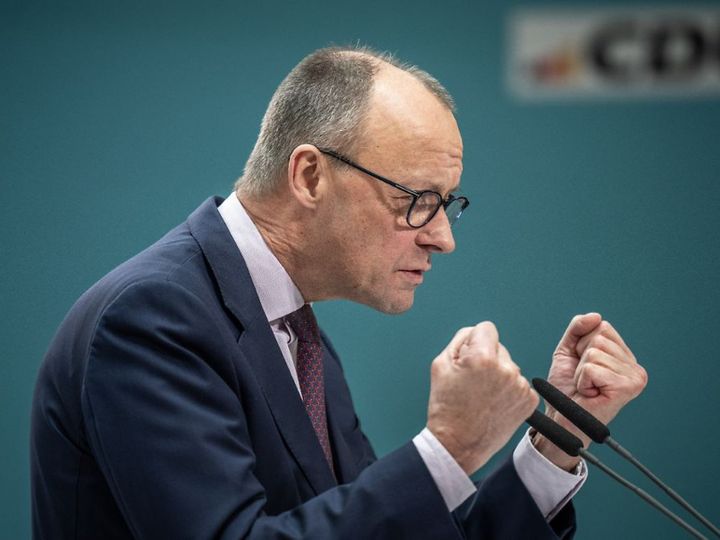by Simon Torkington*
It’s been almost two years since the emergence of COVID-19 upended the working lives of billions of people around the world.
“The global talent market has never changed this much, this quickly.” That’s the conclusion of new research from LinkedIn. The report details how employees are thinking differently about career planning, asking themselves fundamental questions about the jobs they do, where they work and why. LinkedIn is calling this the Great Reshuffle: a time when everyone is rethinking everything.
How COVID-19 changed what we want in a new job
To draw up its list of priorities for job candidates, LinkedIn asked members in 200 countries to select the five most important factors when considering a job opportunity.
The desire for flexible working arrangements has been the fastest-growing priority during the pandemic, rising by 12.3% between April 2020 and June 2021, peaking just as many companies were preparing to return to in-office or hybrid working. This suggests many employees value the opportunity to work from home, at least some of the time.
Inclusive workplace
The importance of an inclusive workplace for people from diverse backgrounds also became more important for those looking to take the next step in their career. This priority grew by 7.3% between April 2020 and June 2021. Linkedin’s research shows this rising sharply as momentum grew behind the Black Lives Matter movement.
At the beginning of the pandemic, work-life balance was the overall top priority for job candidates - and it’s stayed there. The desire to balance work and private life has only grown stronger as lockdowns, school closures and travel restrictions made remote work much more commonplace. Between April 2020 and June 2021, it was the third fastest-growing priority.
By June 2021, LinkedIn’s Talent Drivers Survey showed the most important priorities for job candidates overall were work-life balance, compensation and benefits and colleagues and culture.
As the animated chart above shows, one consequence of flexible and remote working is that employees who are working from home are struggling to maintain their work-life balance. The report says companies need to adapt their cultures, “so that employees don’t feel burned out from a never-ending digital workday”.
With data showing signals of burn-out up by 9% and employee happiness down by 3%, the report says “companies are falling short where it matters most”. In addition to a significant divide on work-life balance, employees indicated that employers are also failing to deliver on their priorities around compensation and benefits.
A shifting power dynamic
With an economic recovery underway, demand for talent is up across the board, according to the LinkedIn report.
The recruitment boom coupled with a limited talent pool means employers are in competition for the best workers and they will face greater demands from the best job candidates. “Companies need to recognize that the power dynamic has changed,” says Karin Kimbrough, Chief Economist at LinkedIn. “Workers are going to demand more from them on multiple fronts. Candidates are being much more selective about where they work, and workers are more vocal about what they want.”
Creating an equitable future of work
The World Economic Forum’s Partnership for New Work Standards is a global, cross-industry initiative working towards building a healthy, resilient and equitable future of work. In the light of the disruption to working lives brought about by the pandemic, the partnership is exploring the opportunity for employers to collectively reset and drive more human-centric work standards for employees working remotely, back at the office or in a hybrid working environment.
With the Omicron variant of COVID-19 now spreading rapidly across the world, employees are likely to face ongoing uncertainty in their working lives. As the LinkedIn survey shows, employers will face increasing demands to meet the priorities of job candidates as they seek to recruit the workforce of the future.
*Senior Writer, Formative Content
**first published in: www.weforum.org




 By: N. Peter Kramer
By: N. Peter Kramer
